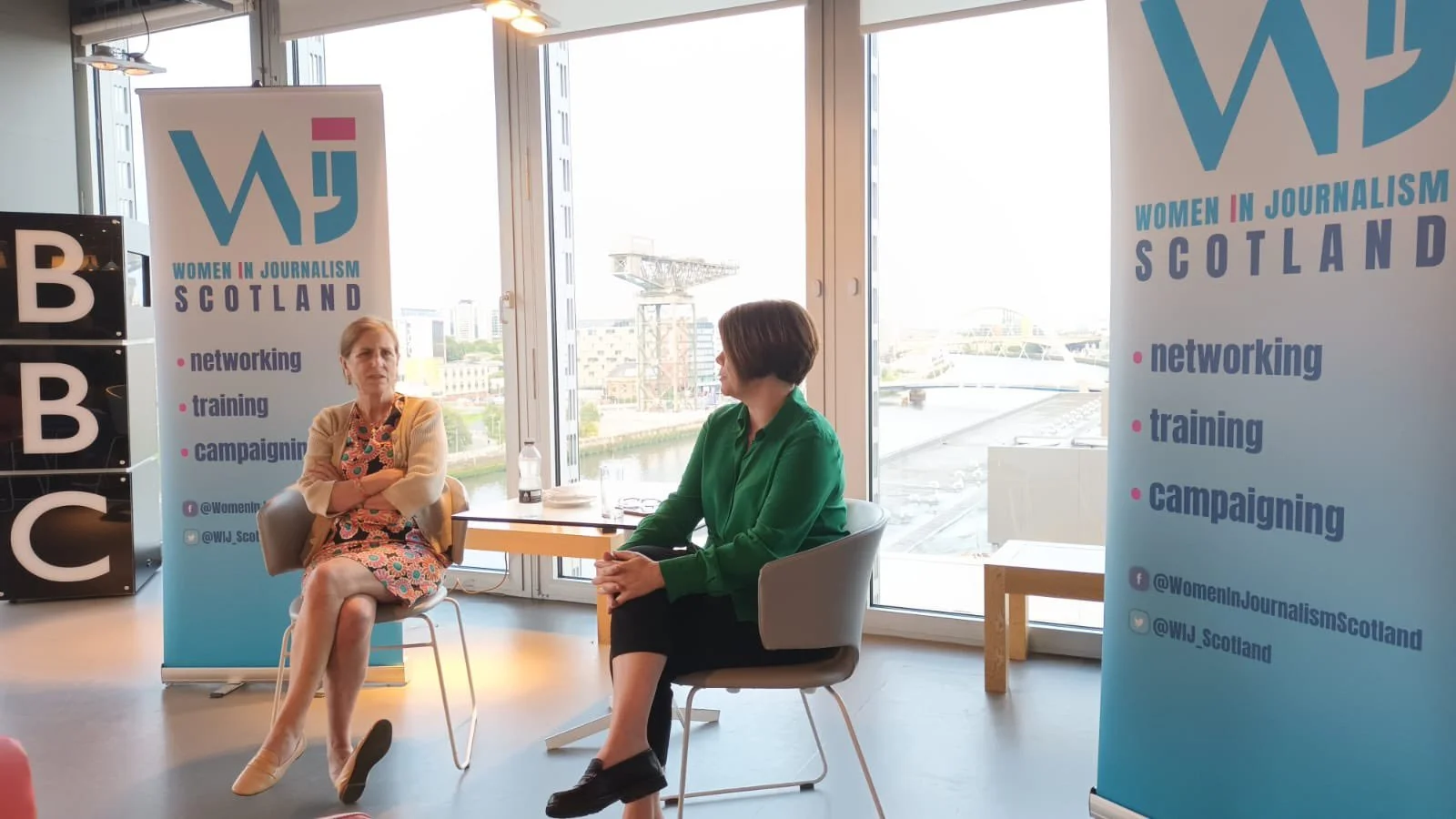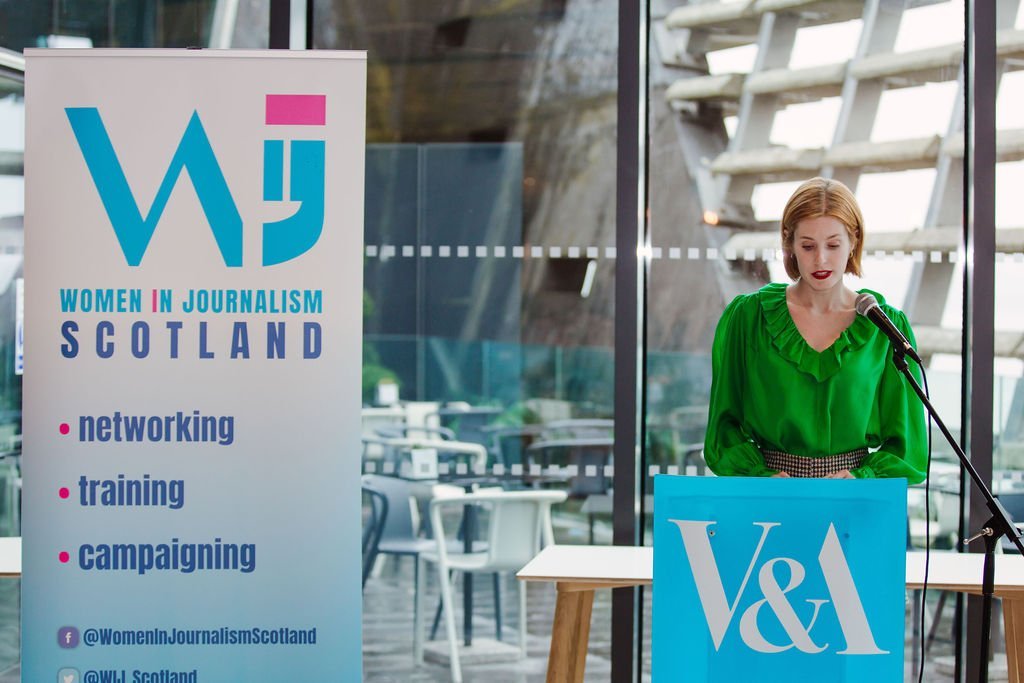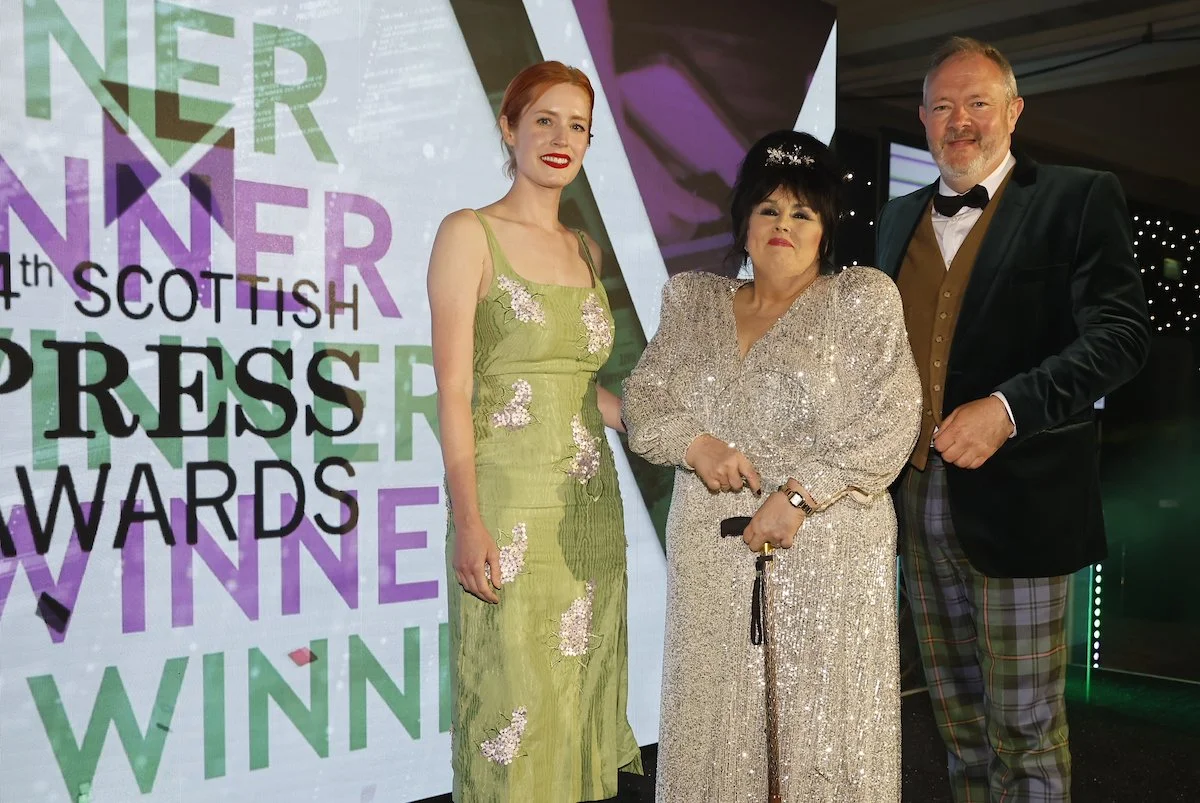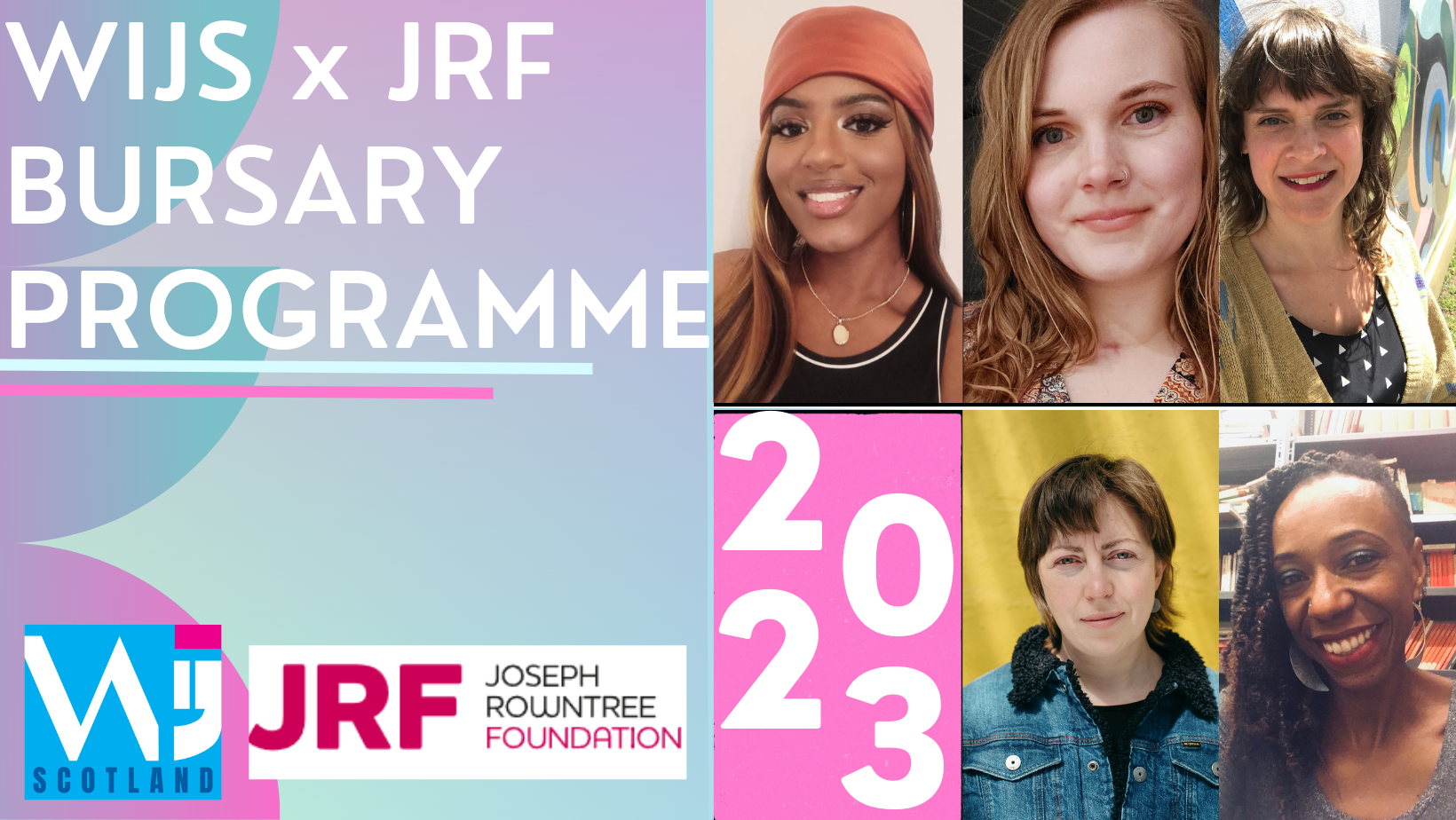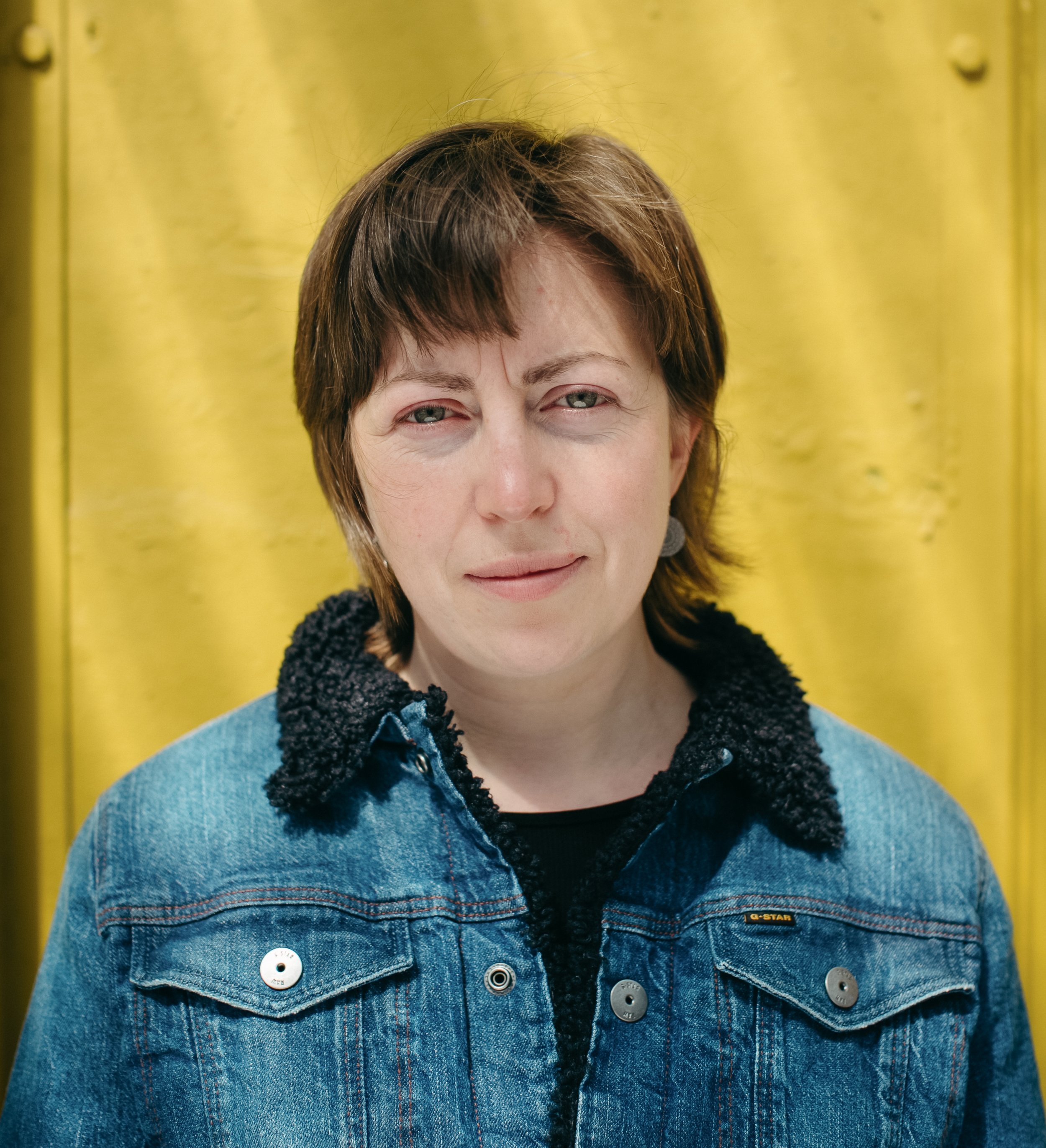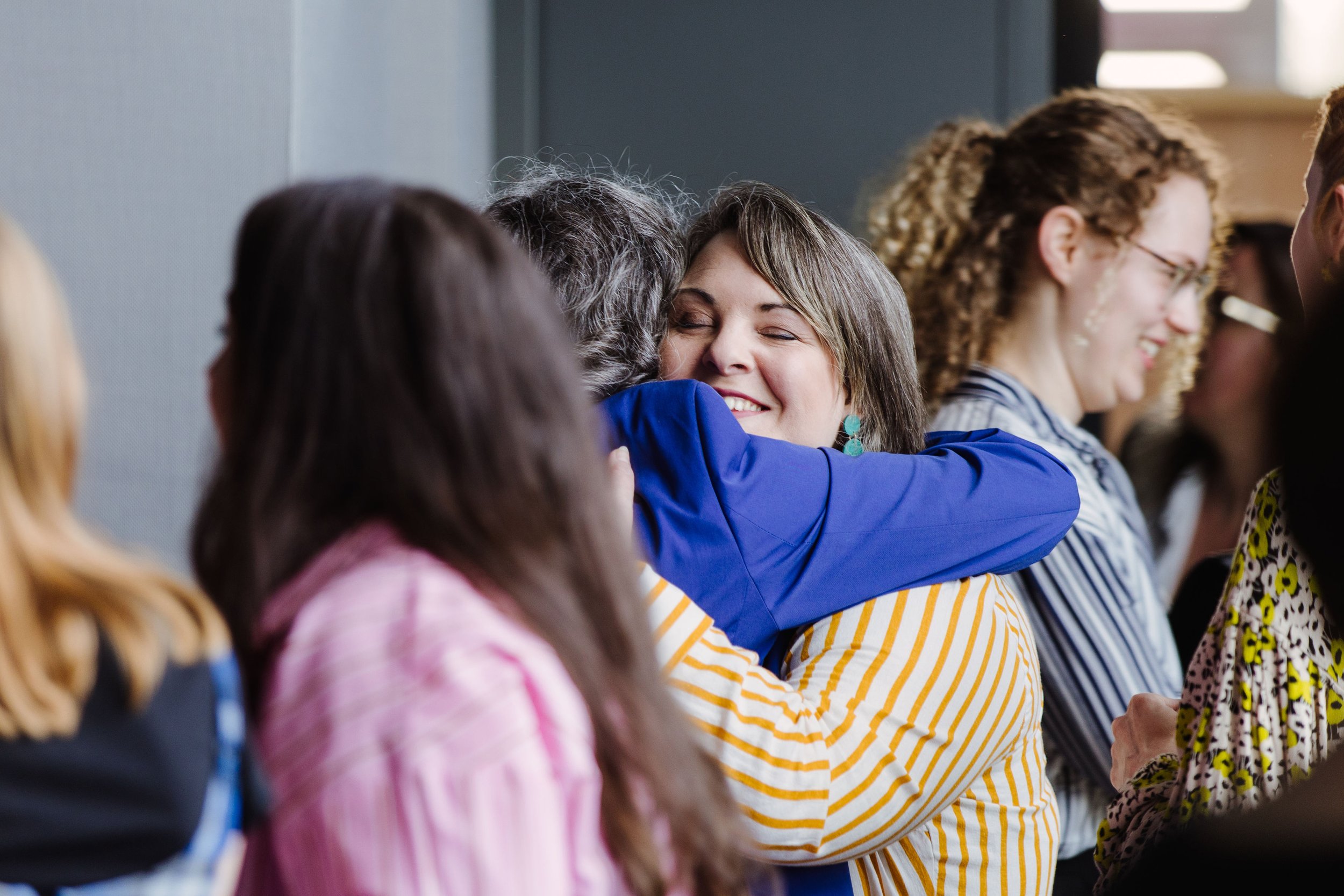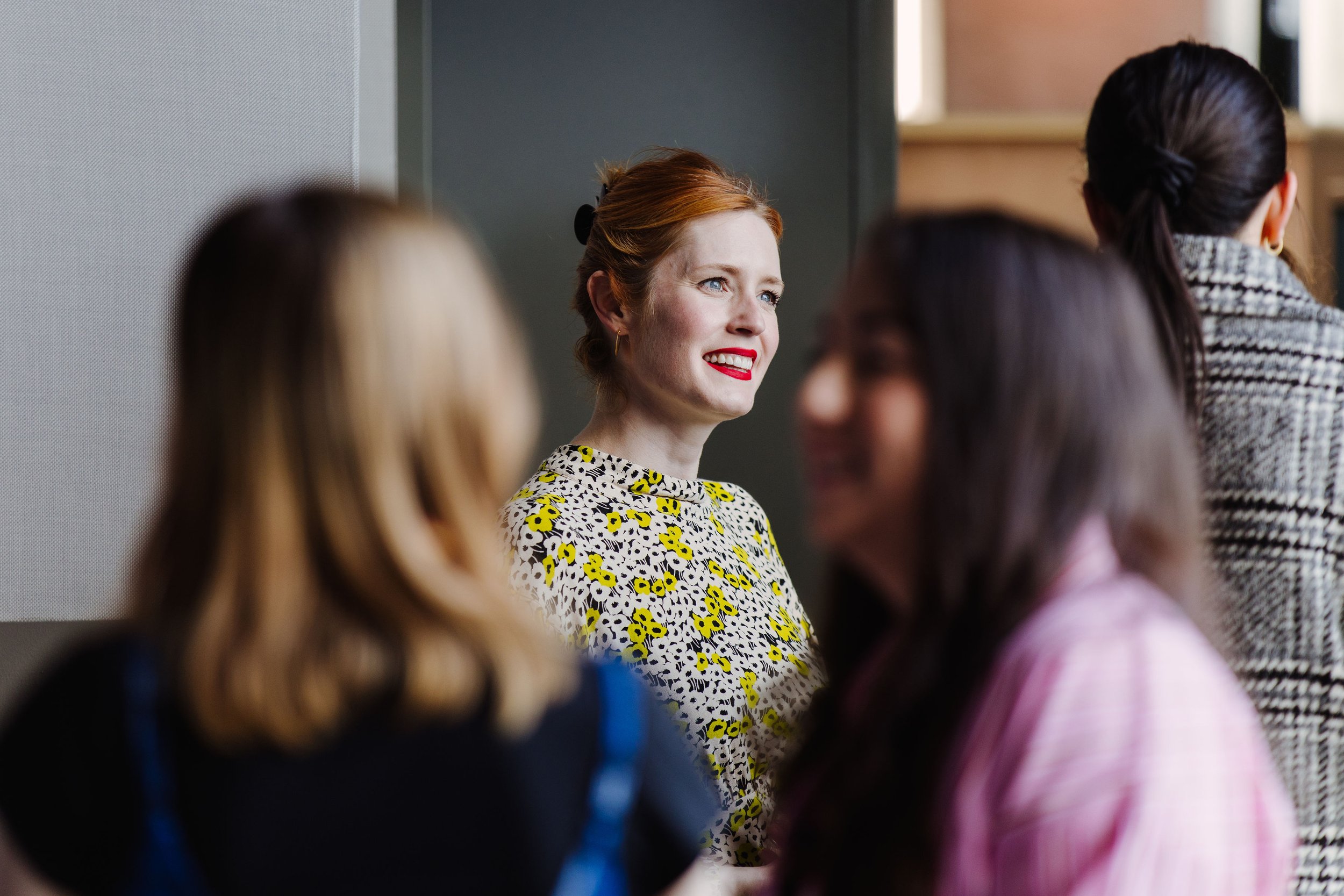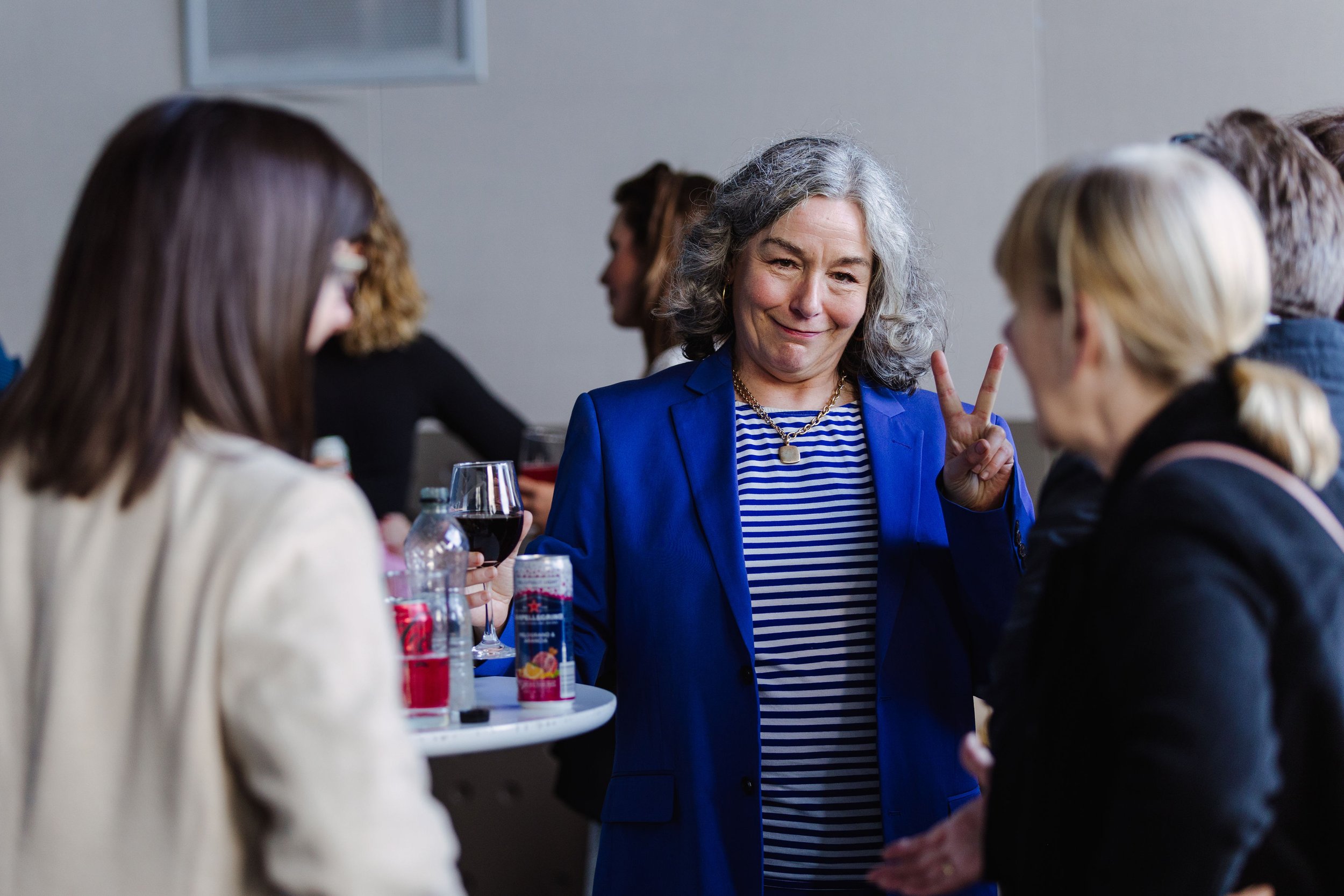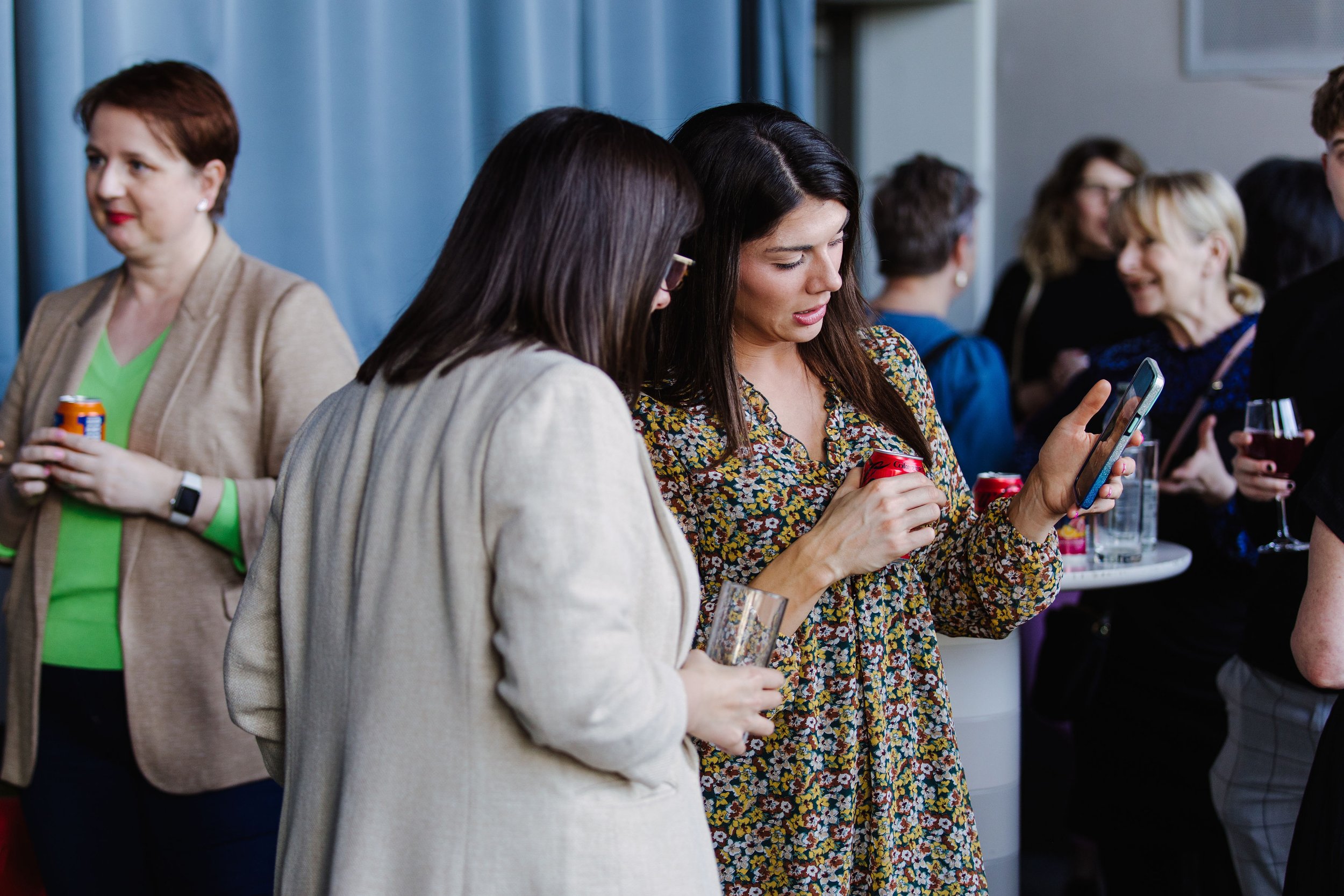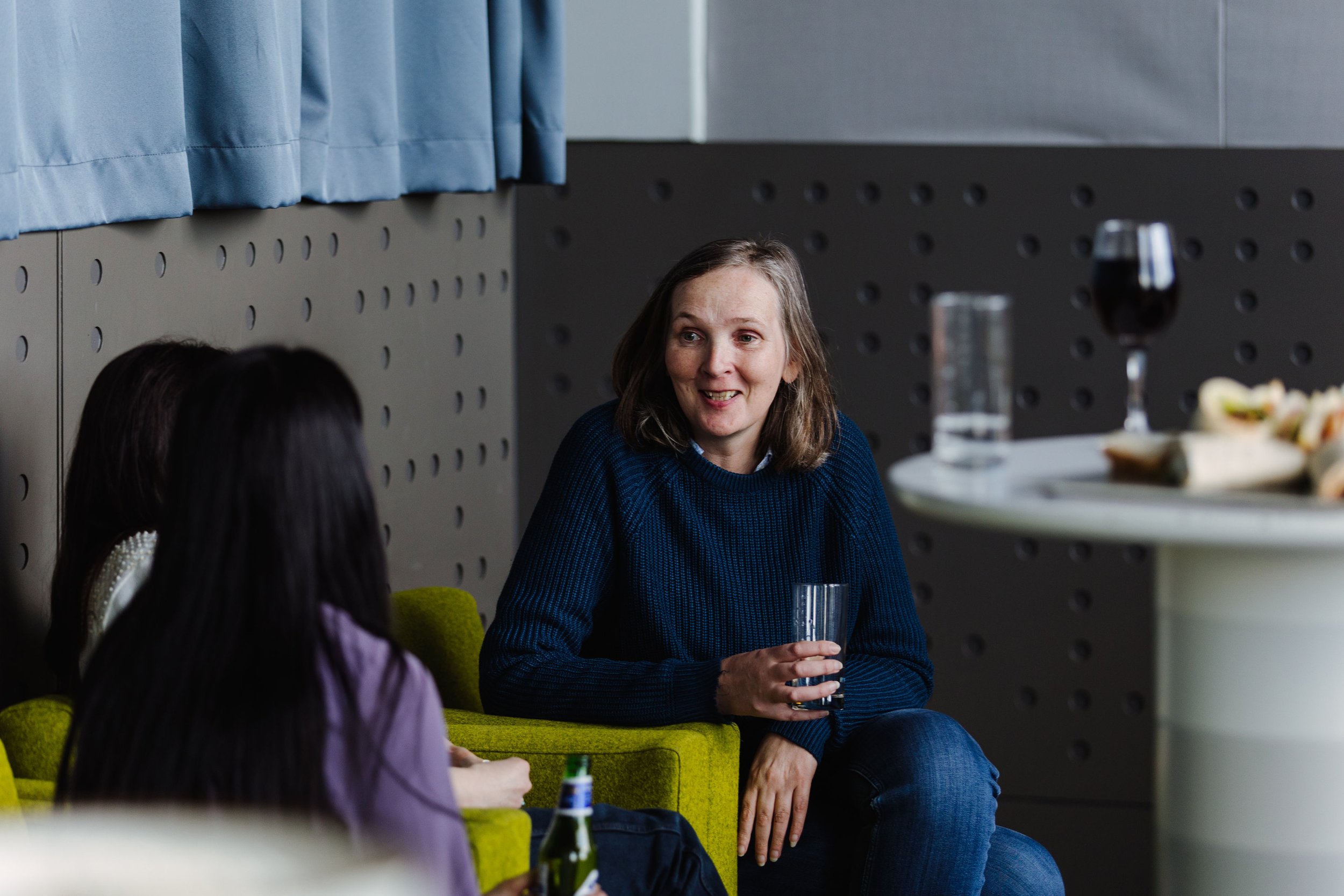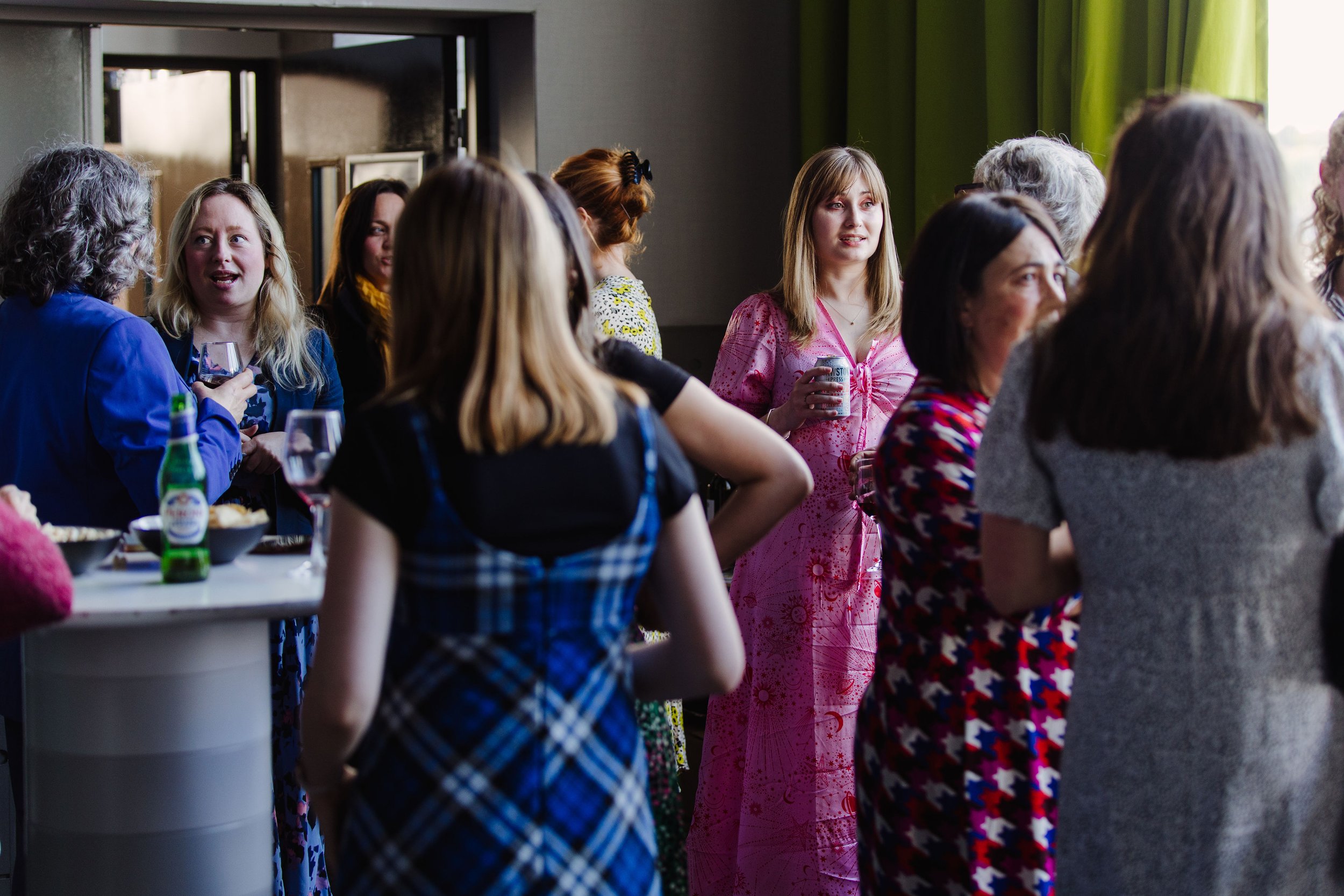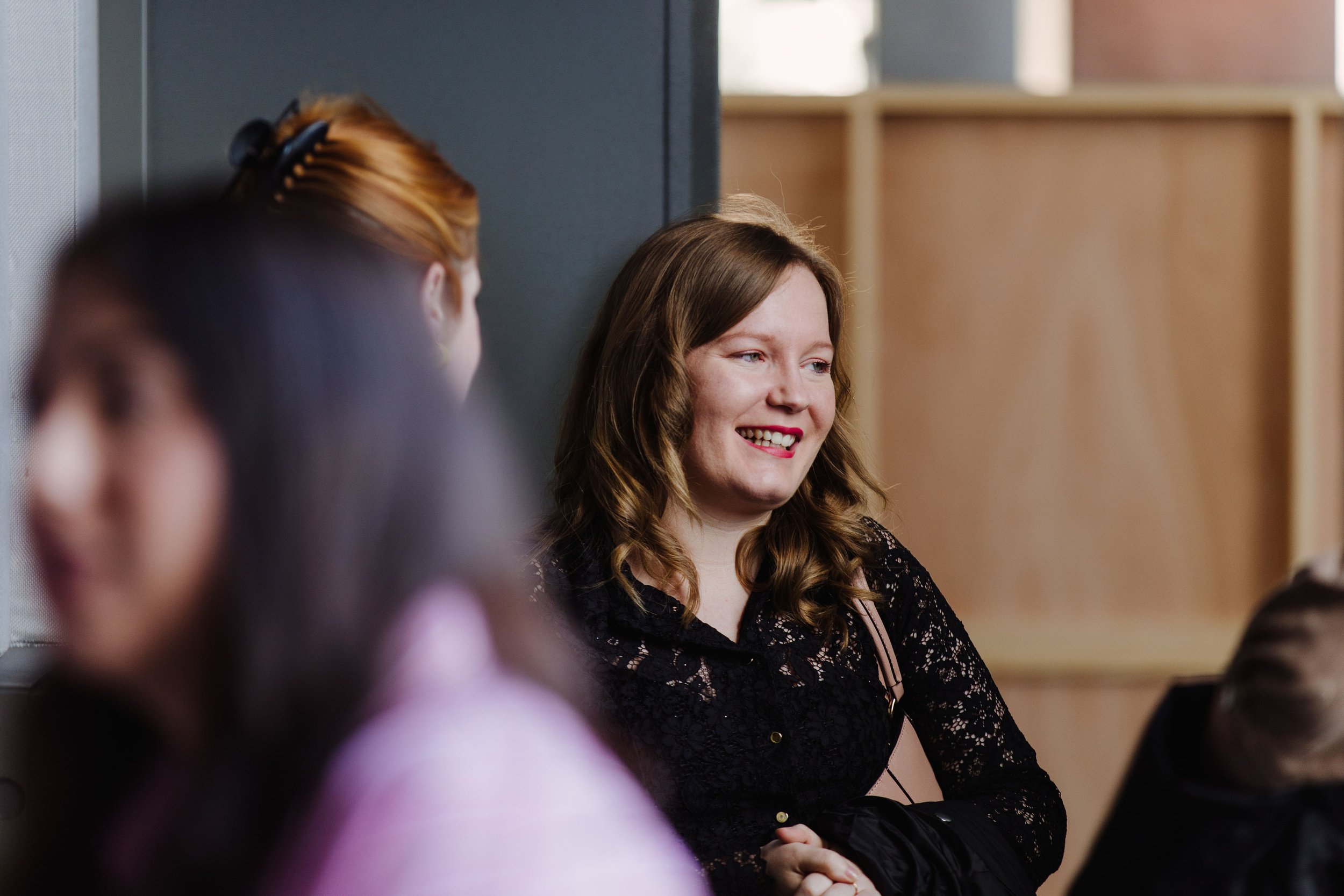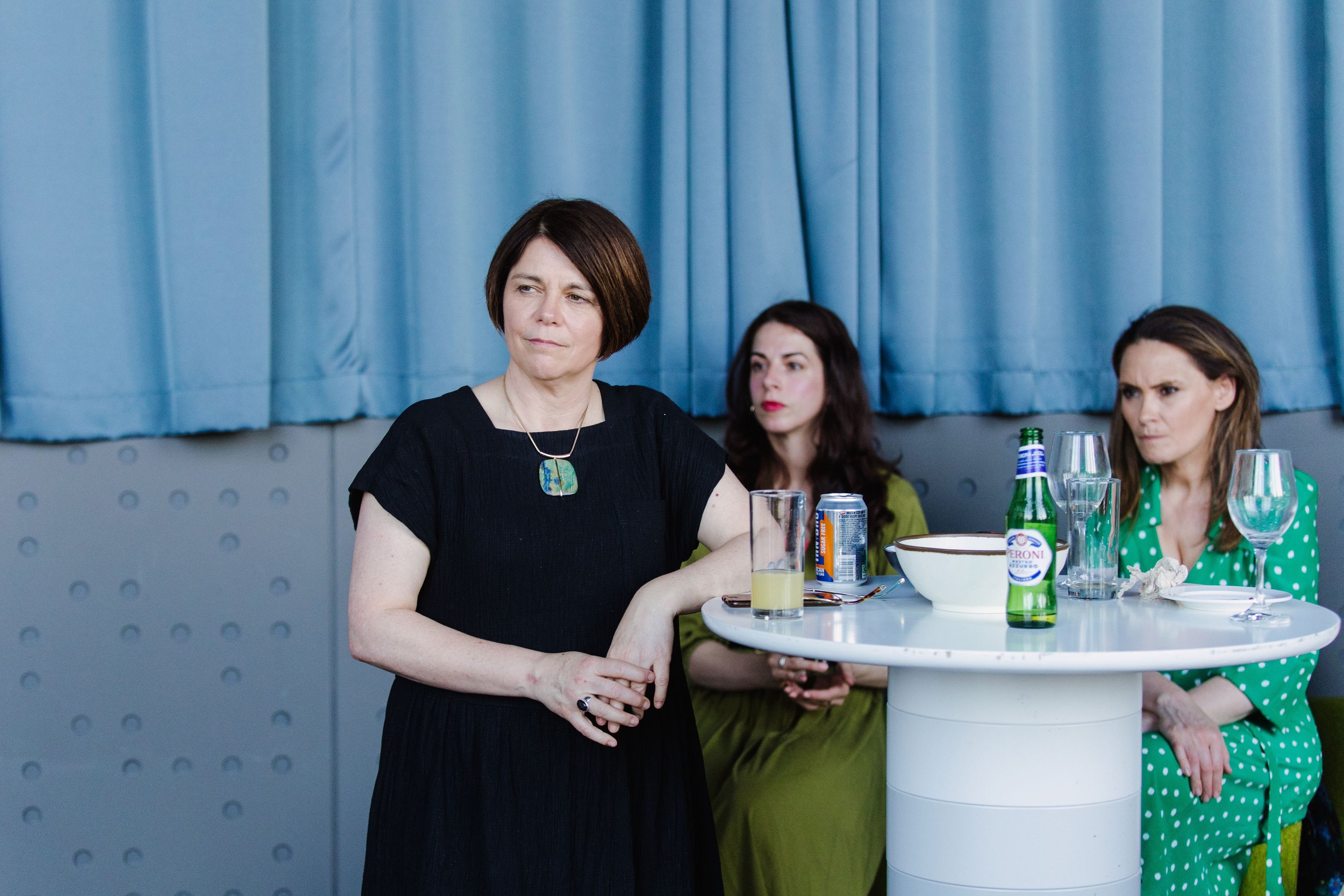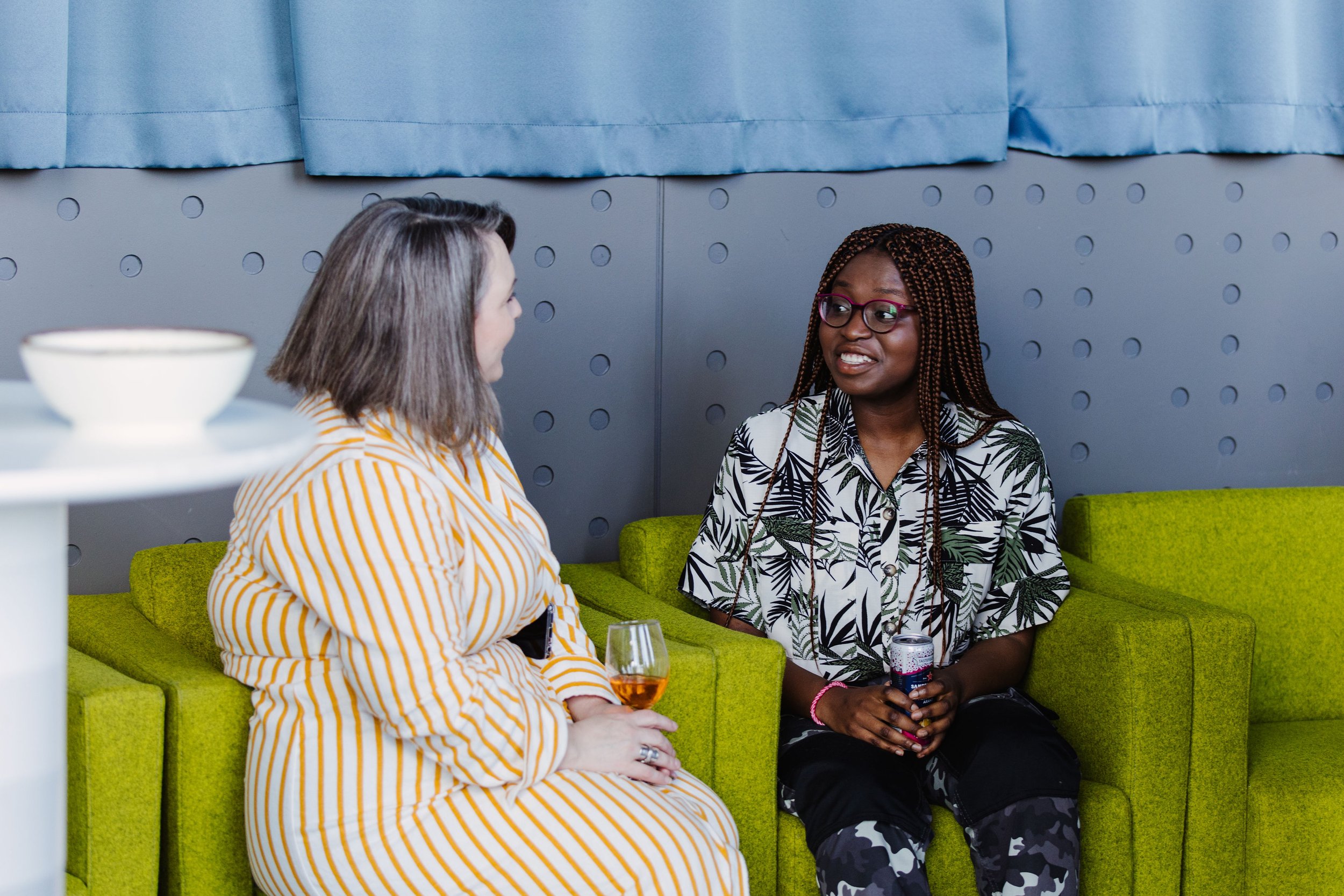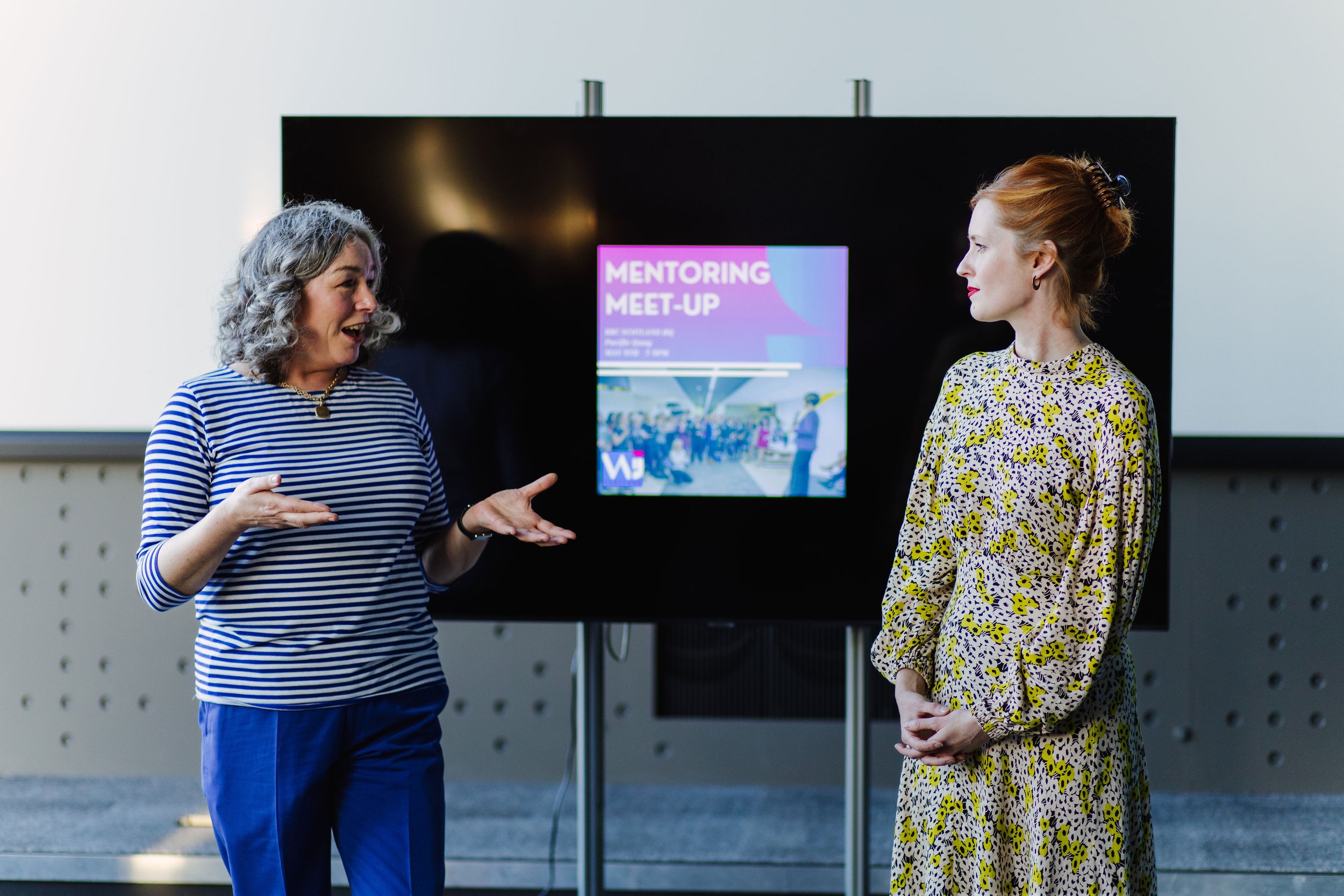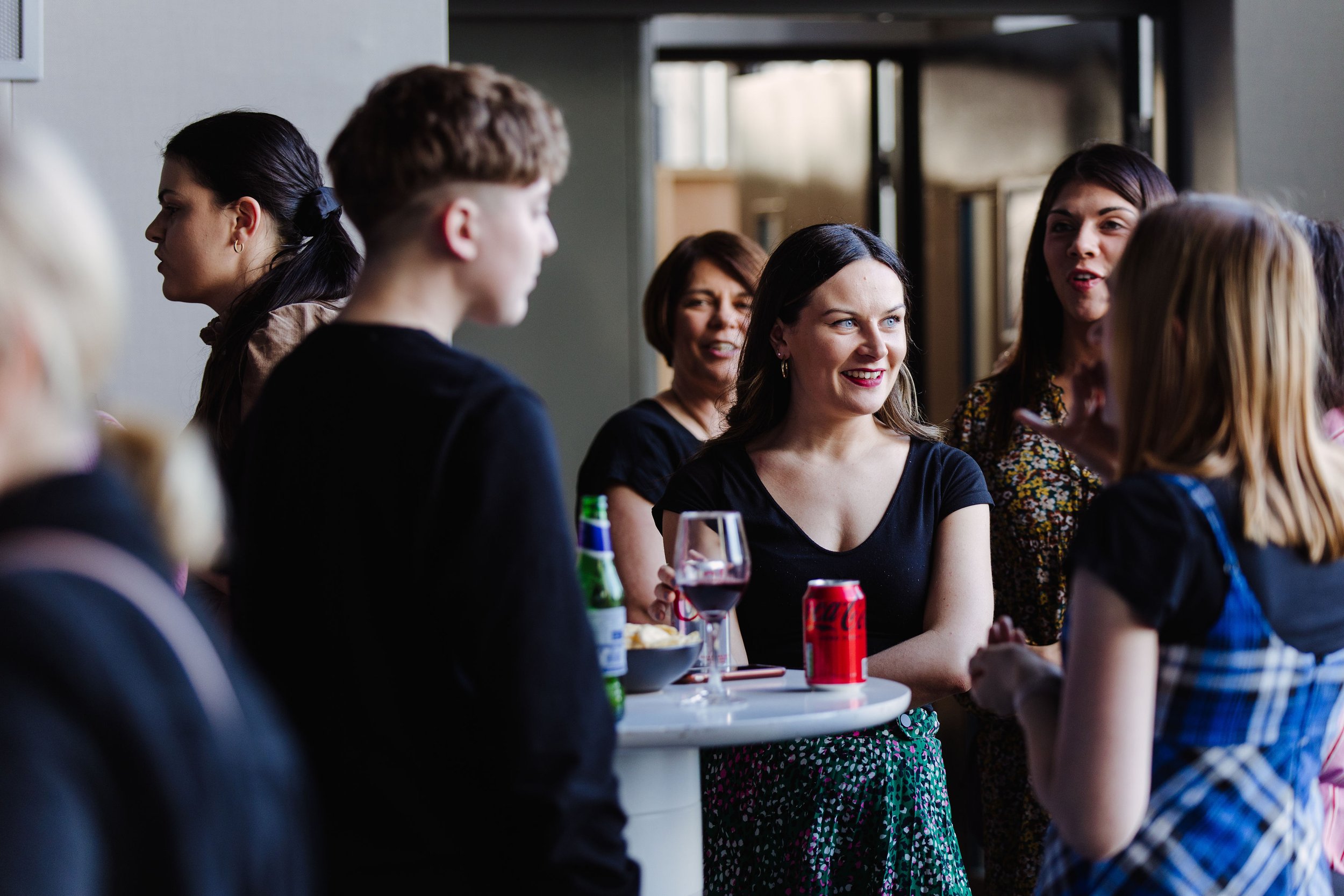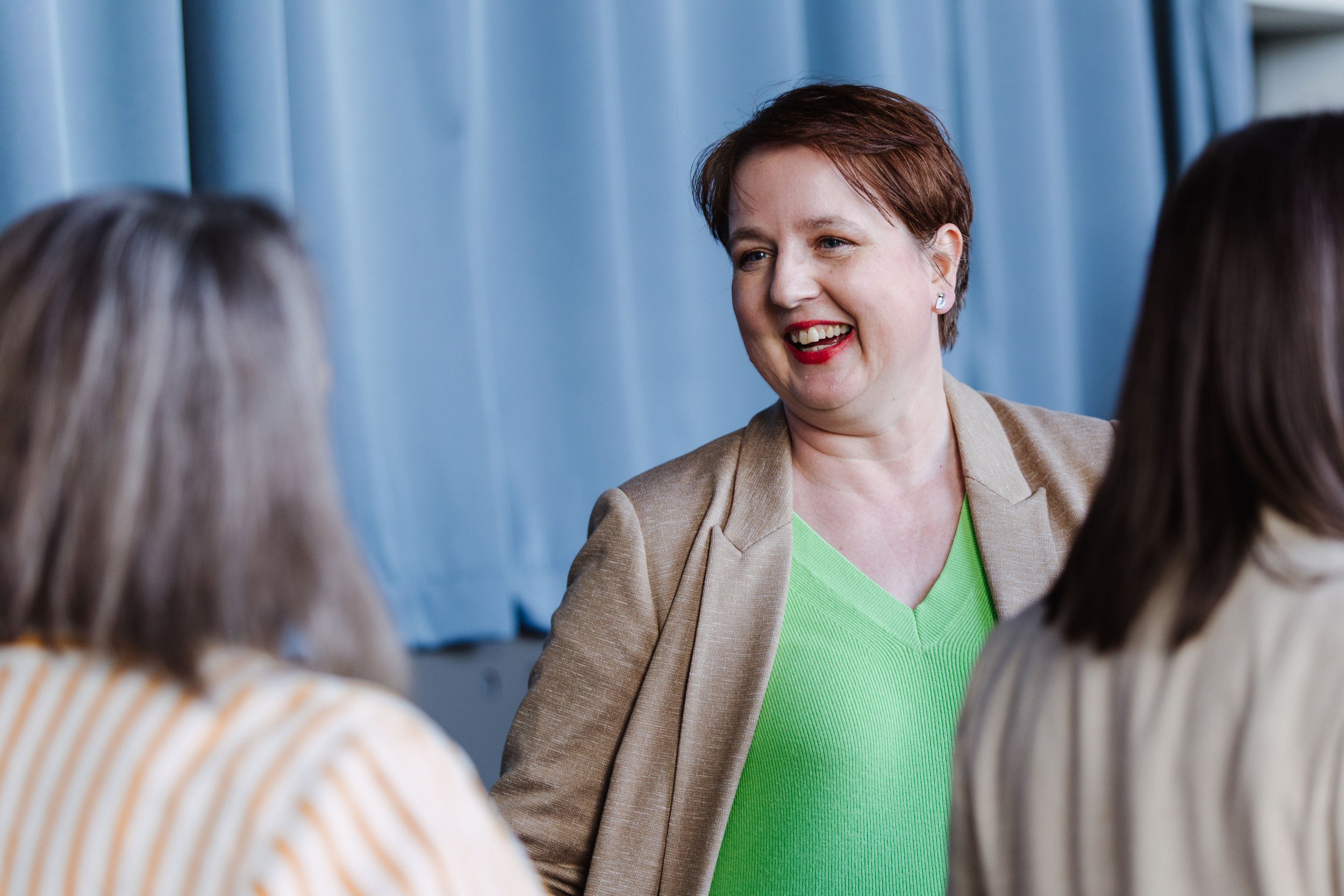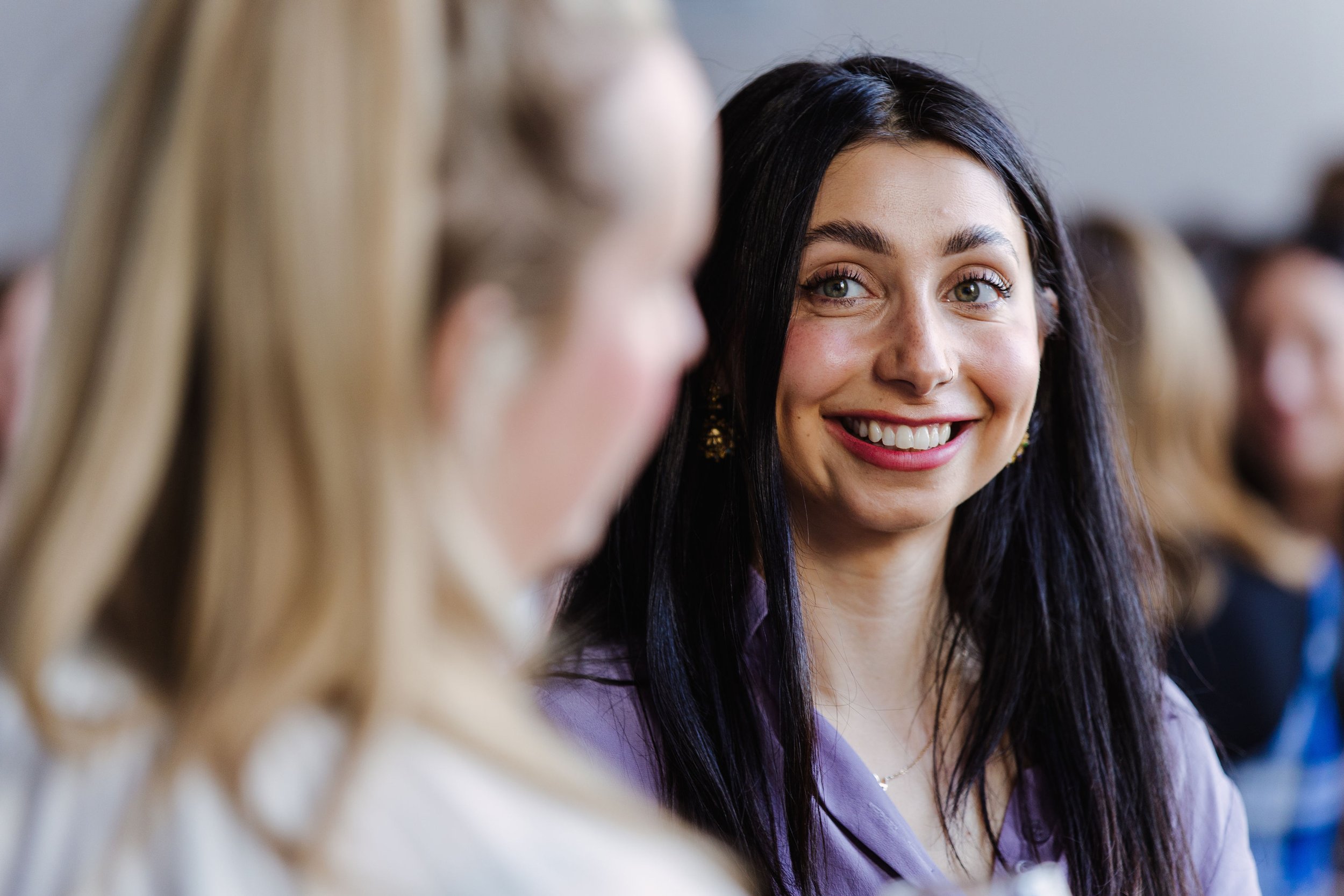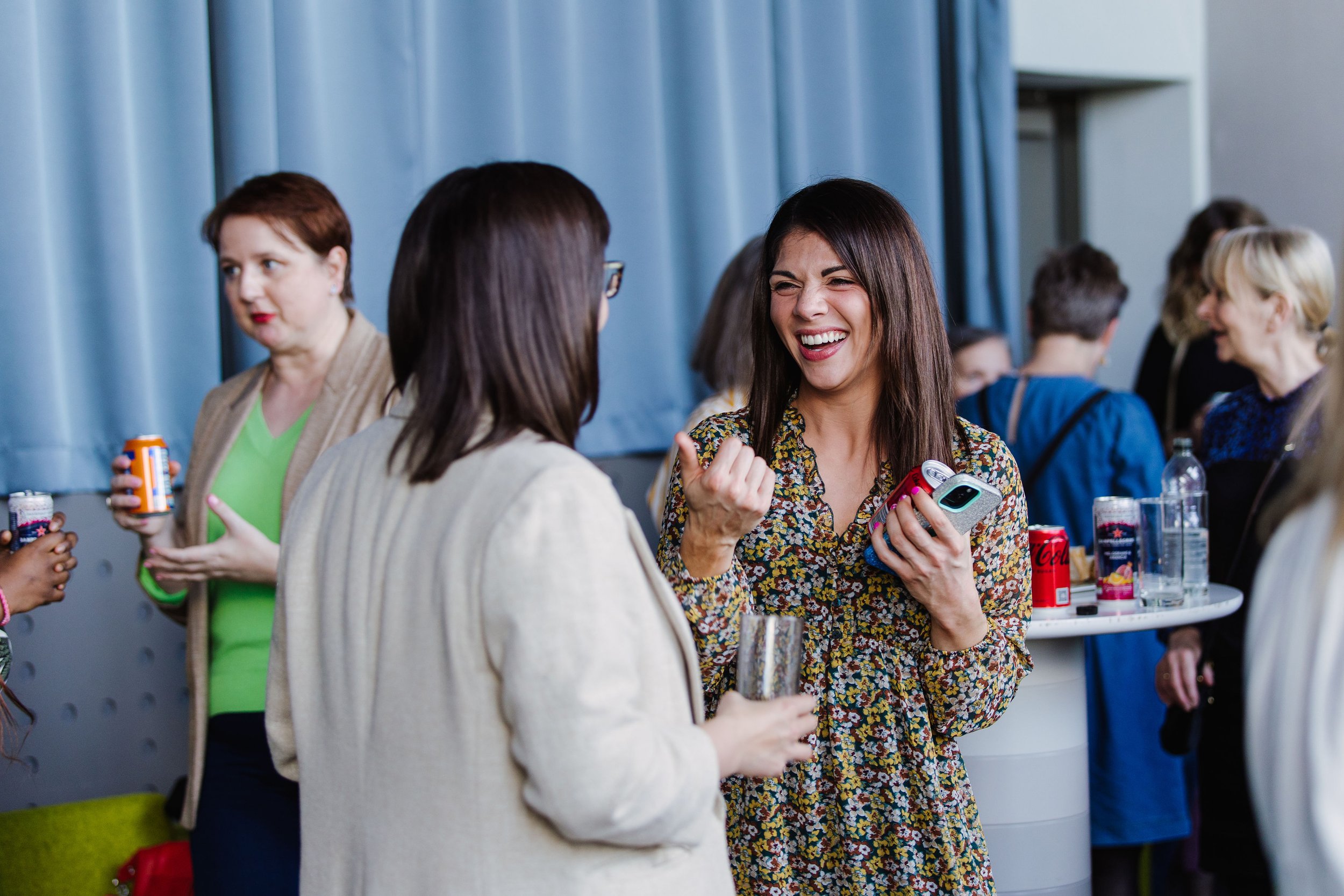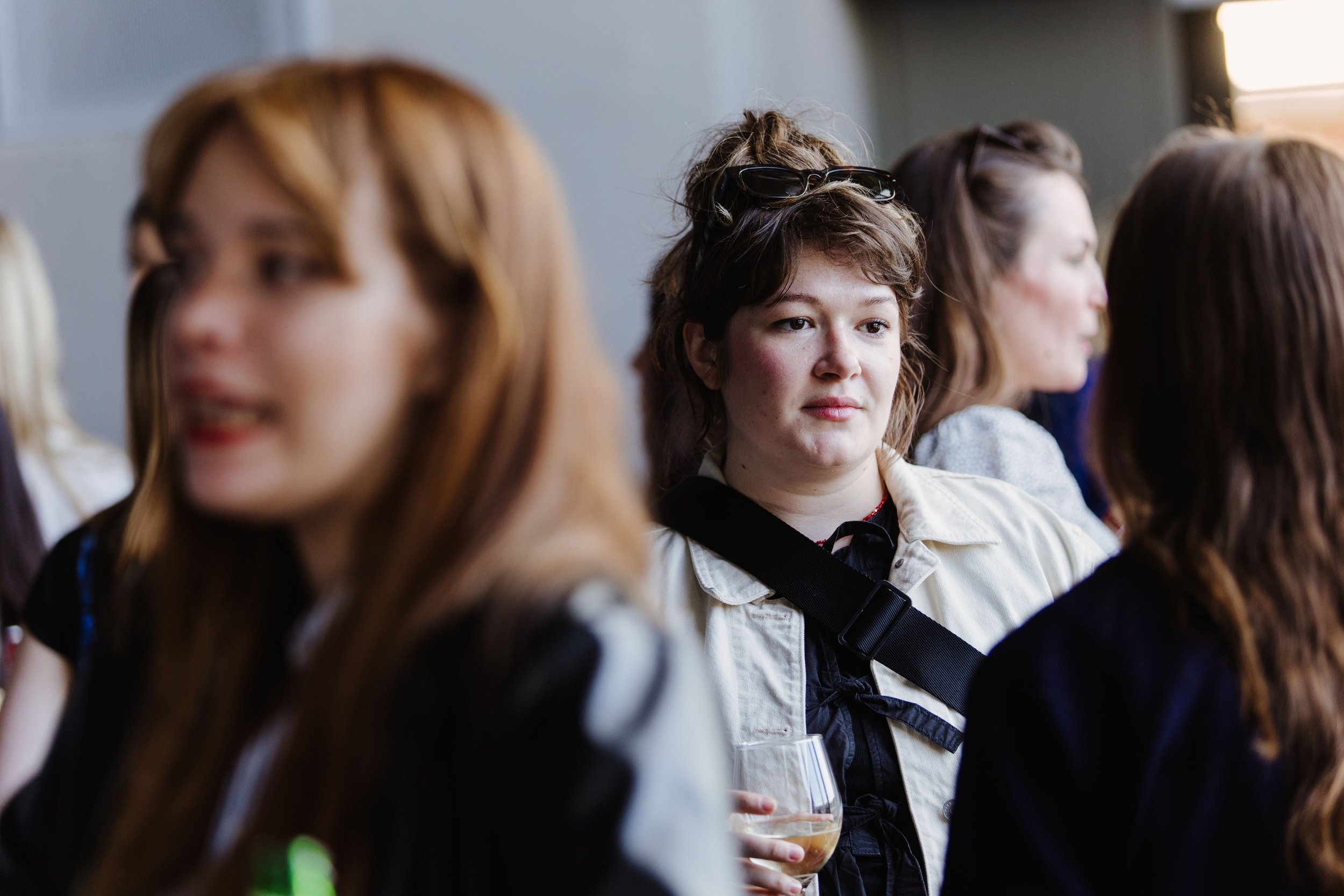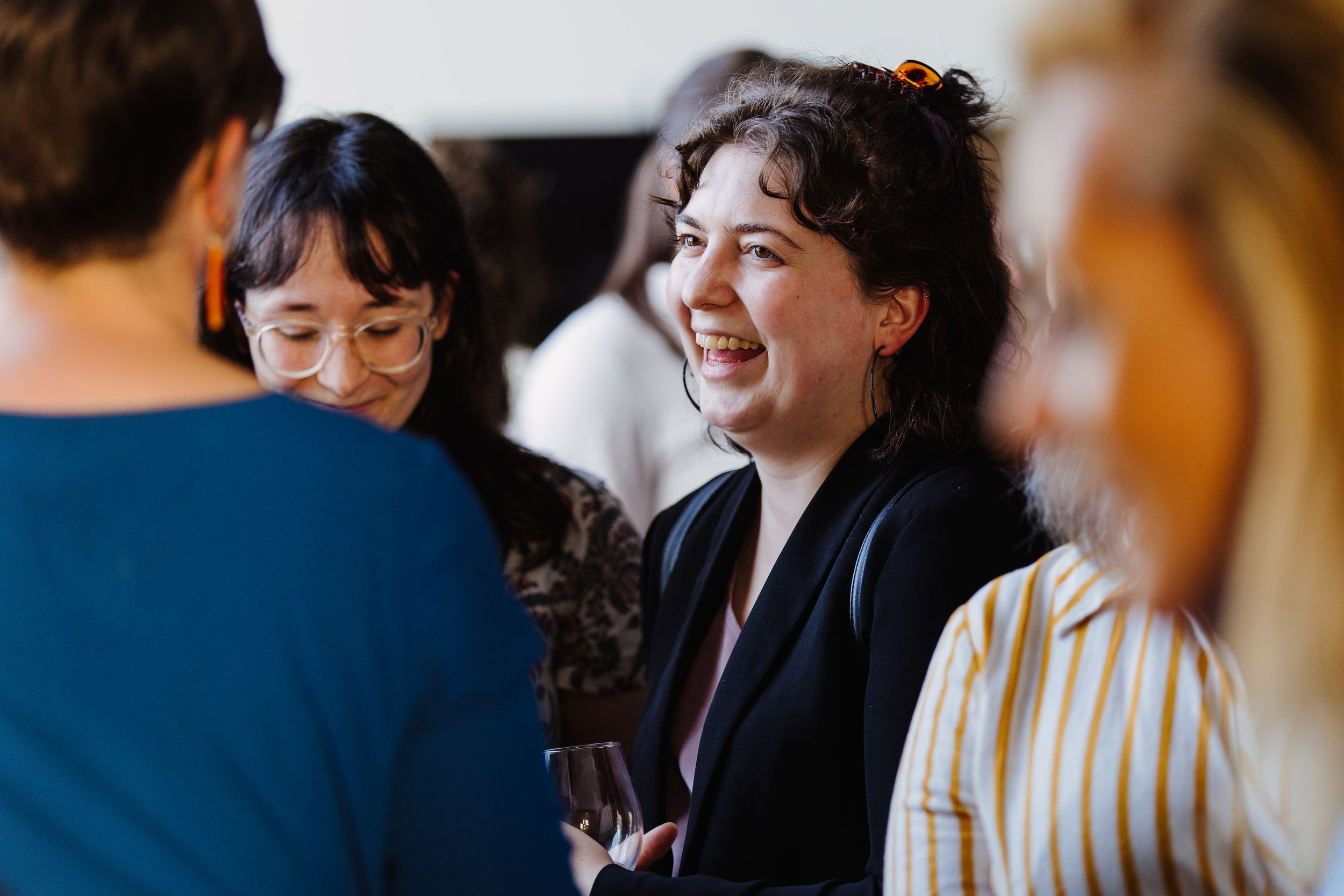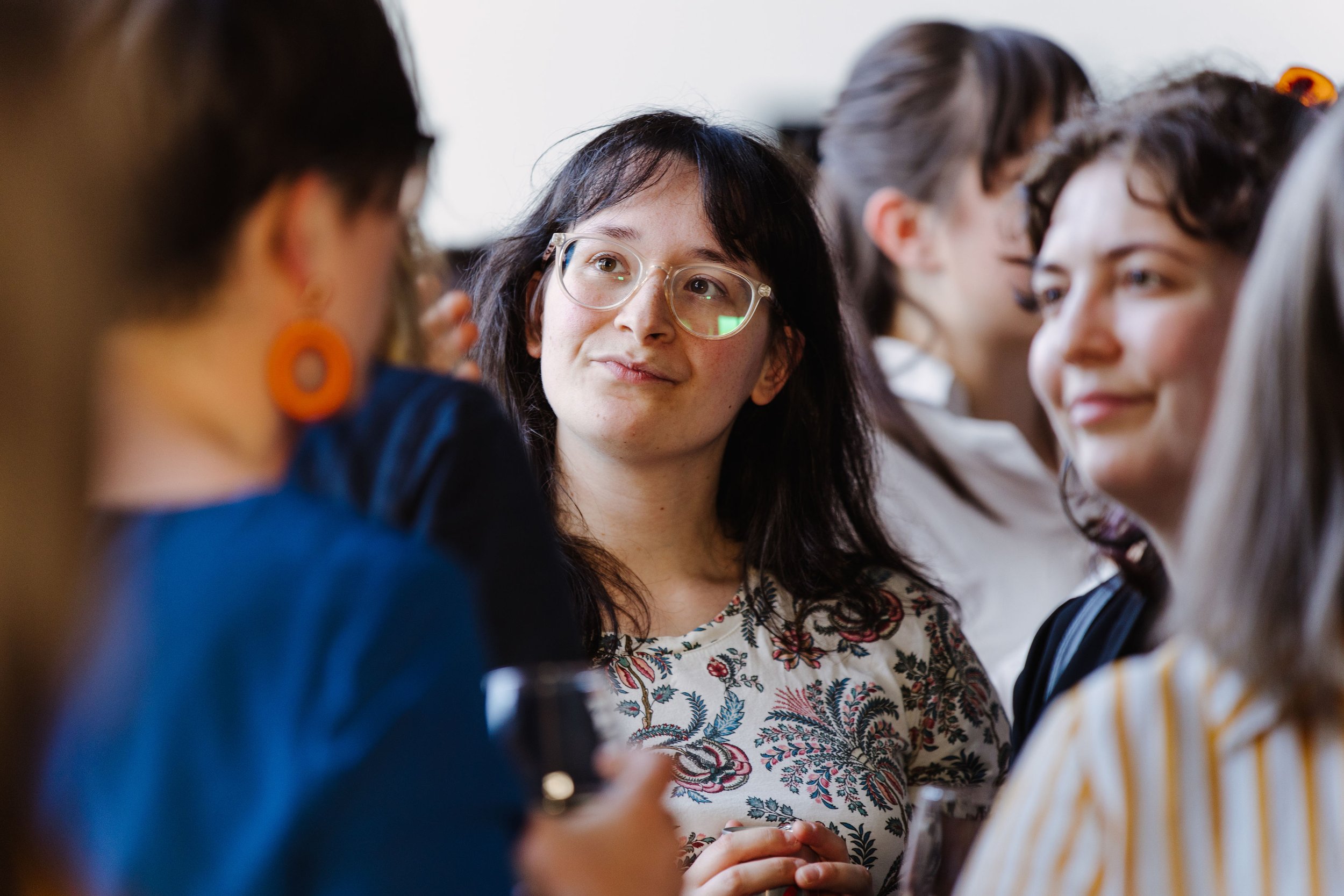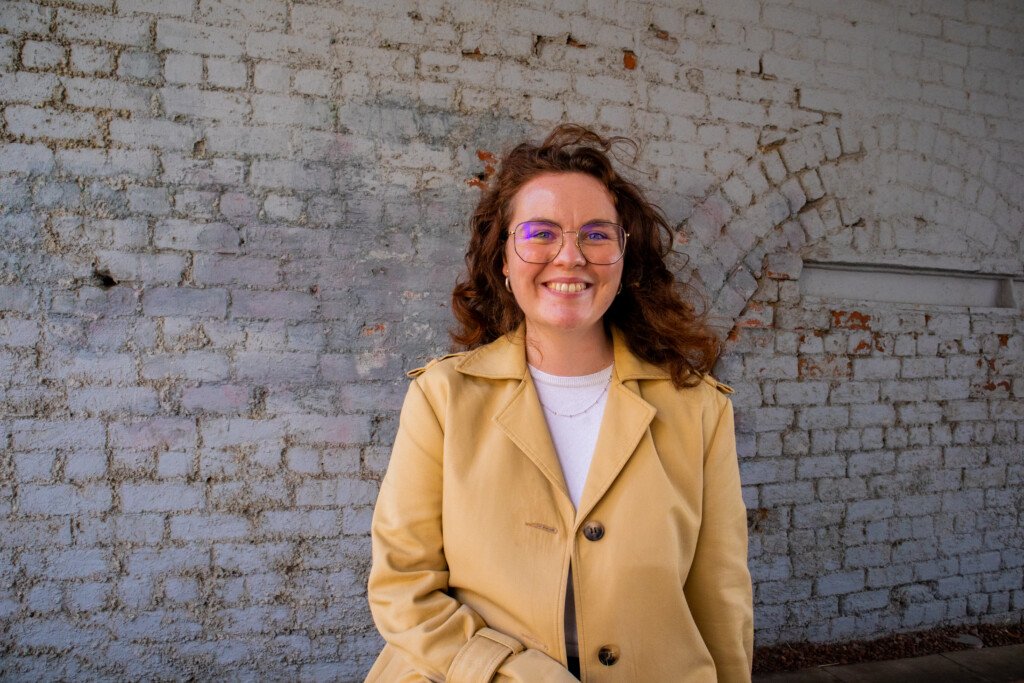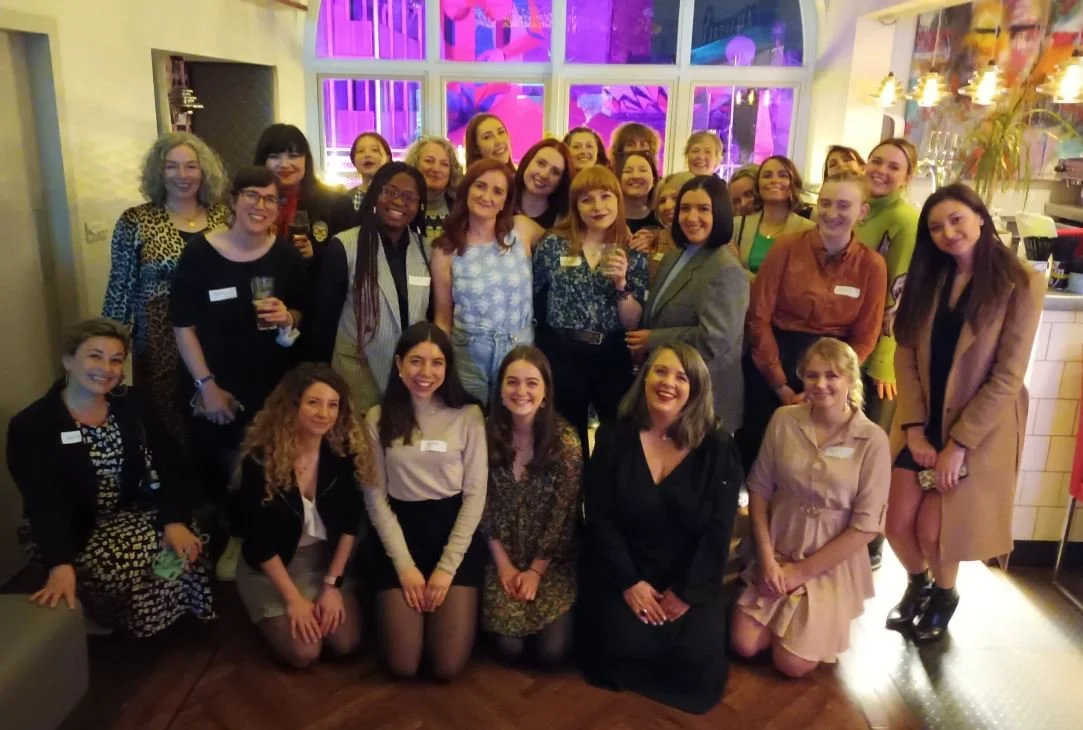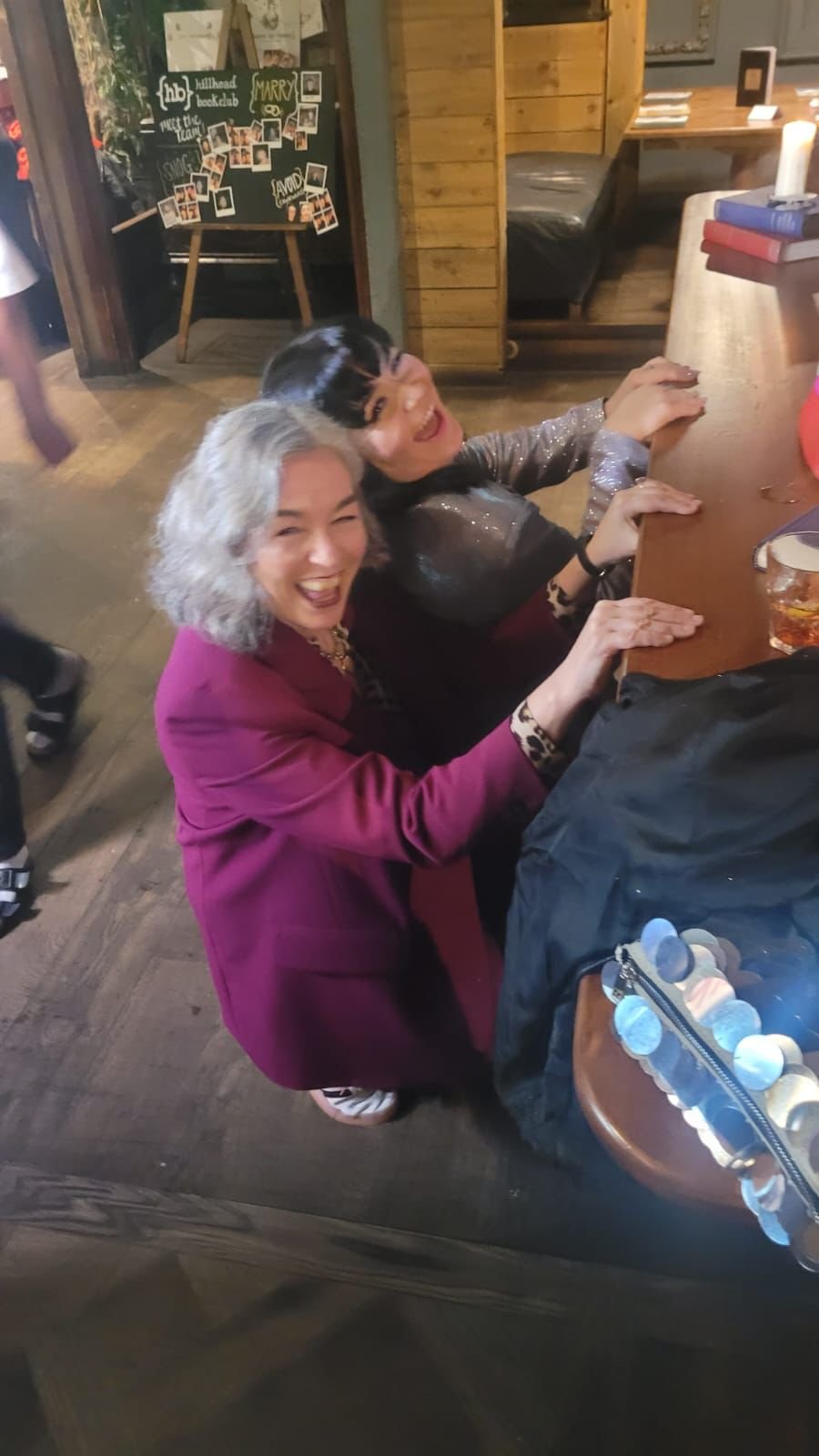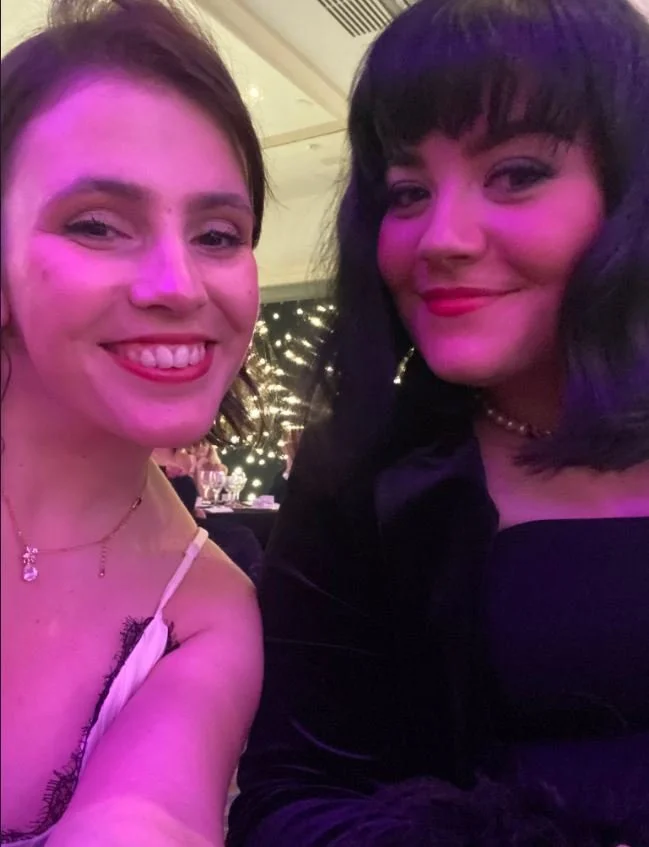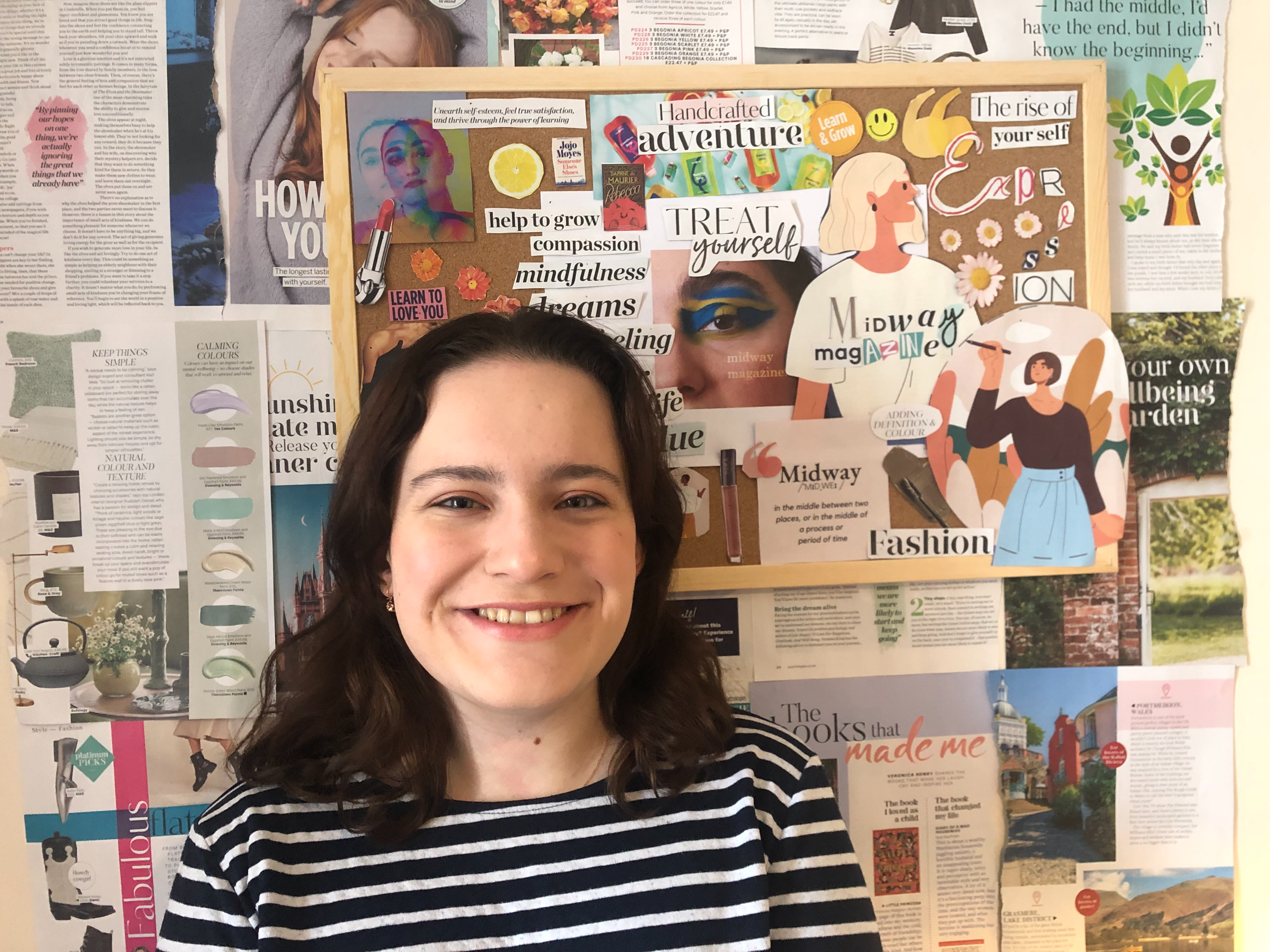Women in Journalism Scotland (WiJS) and the Joseph Rowntree Foundation have announced the recipients of the inaugural WiJS x JRF bursary programme.
Five women journalists have been chosen by a panel of judges to receive £1,500 to develop a project shining a light on economic and / or social inequalities around Scotland.
The funding will support the successful applicants over the remainder of 2023 as they work up their projects from an idea stage to a developed pitch ready to be taken to a publication, or launched independently by the end of the year.
The successful journalists are: Kyra Edwards, Enas Magzoub, Juliana da Penha, Claire Sawers and Jen Stout.
Part of the bursary programme involves working with an established woman journalist who will provide support for each applicant’s project. All five have now been matched with a mentor as their work gets underway.
Providing mentoring for the programme this year will be: Dani Garavelli, Karin Goodwin, Arusa Qureshi, Catriona Stewart and Chitra Ramaswamy.
This opportunity was aimed at early to mid-career freelance women journalists who believe they still have room to grow in their careers. Applicants must also have experienced economic inequality at some stage in their lives.
Enas Magzoub will investigate health inequalities affecting migrant women in under-served areas, and explore what actions could be taken to address these issues.
Kyra Edwards will report on the potential flaws within the benefits system, where couples often find they are discouraged or unable to live together due to the system forcing them into a joint financial claim.
Juliana da Penha will focus on a series of multimedia long-form features on migrant women workers in Scotland revealing how it is to be in the intersections of gender, race, nationality, class and be part of the precarious workforce.
Claire Sawers will research women working in the arts whose lives have been affected by the cost of living crisis for a podcast series.
Jen Stout will take an in-depth look at the rural housing crisis in Scotland, from Shetland to the Western Isles, using photography, text and radio to tell the story of individual places and people affected.
Gabriella Bennett, chair of Women in Journalism Scotland, said: "The recipients of our inaugural bursary programme are five hugely talented journalists working on a broad range of subjects. Their projects will enrich Scotland's media landscape, telling essential stories and reflecting the reality of life in under-reported communities.
“Post-pandemic, and in a cost-of-living crisis, it has never been more important to give women journalists the funding and mentoring they need to progress their careers."
Husna Mortuza, associate director for public engagement at the Joseph Rowntree Foundation, added: “This inaugural programme could not be timelier. The number of people living in deep poverty in Scotland has risen dramatically, while the cost-of-living crisis continues to leave Scottish families hungry, cold and without a safety net.
“The five finalists announced today, with the invaluable mentoring from Women in Journalism Scotland, will bring their talent and expertise to projects designed not only to report on these pressing issues but to offer hope in the form of solutions.”

